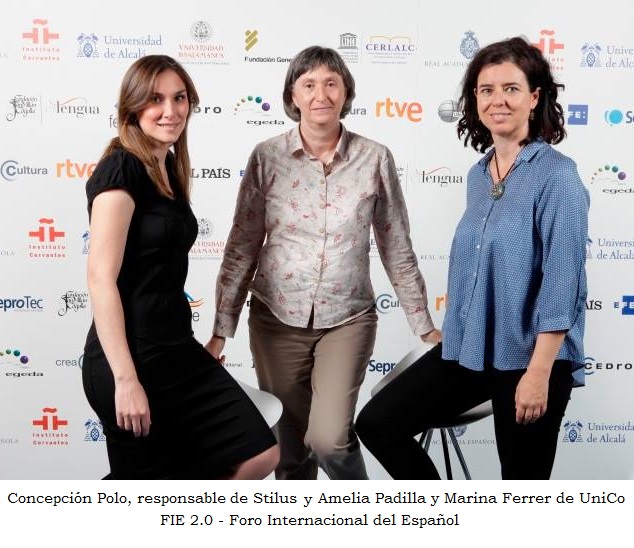To define the ecosystem of the economic agents of Spanish, we should consider linguistic correctness as a corporate asset and good practice.
In a world where the image of a company is strictly linked to its acts of communication, the concern for language cannot be limited only to publishing houses. The generation of web content and the participation in social networks are essential conditions to be competitive. The production of quality content positions a company as a reference in the market and attracts potential customers to the brand; the neglect of linguistic correctness may lead to loss of credibility and prestige or indifference after an unsuccessful act of communication.
But the publication of content on the Internet has also another target recipient: Google. With respect to SEO positioning, it is required to write correctly in order to be visible. Not only is it important to use the keywords you would use to retrieve information, you must also bear in mind that Google penalizes spelling and grammar mistakes.
Moreover, linguistic correctness increases the quality in the processes carried out by the so-called language industries, and therefore benefits their business. The challenge in natural language processing is precisely being able to “translate” what the user writes -or intends to write- often with spelling mistakes, which implies the description of linguistic rules and patterns supervised by professionals.
Philologists, proofreaders and language consultants, besides ensuring our image, help to monetize information processing. Their participation in multidisciplinary teams provides added value. The Spanish company Daedalus, for example, has managed to position its proofreading tool www.mystilus.com as a leading technology for automatic proofreading thanks to this kind of professional interaction. Stilus helps to optimize the working time in professional editing, translation and proofreading.
But what types of customers request proofreading services? After evaluating the results of surveys carried out to proofreaders and consultants, UniCo (the association of Spanish proofreaders) explains in its Libro blanco (White Paper) that publishers are still their main source of income. Nevertheless, there is a gradual increase of “direct customers”, i.e. writers who self-publish, PhD students preparing their thesis, etc., something that: “all professionals who wish to increase their customer portfolio should assess”. It also highlights that the proofreading of websites generates ever more jobs, while other sectors such as advertising do not present any changes, perhaps because of “the lack of knowledge about how beneficial a relationship between the two would be”.
If we consider automatic proofreading consumers, media companies stand out as large customers. Speaking of SMEs, freelancers and individual customers, writers, Spanish students and translators are those who head the list (according to www.mystilus.com).
In view of this, it seems that among the business opportunities for both types of service (human and automatic), the essential ones are the cooperation in self-publishing scenarios and Quality Assurance in translation (pre-editing and post-editing of machine translation, from a technological point of view).
Conclusion: although slowly, the interest in proofreaders and language consultants, and their social recognition are visibly increasing.
More in general, business opportunities in the Spanish corporate community respond to an uncertain reality subject to economic changes, technological advances and new areas of interest. Anyway, no matter the context, it is evident that the neglect of linguistic correctness in the information society may result in a loss of value or prestige, even ruining a business.





